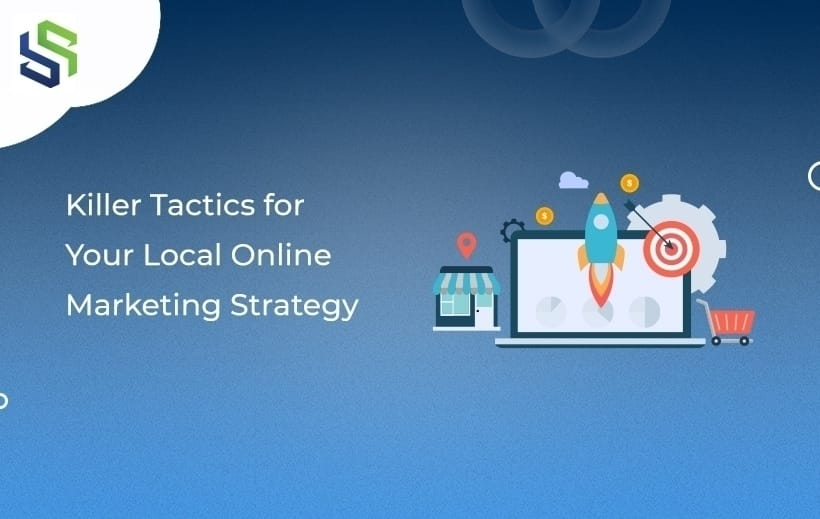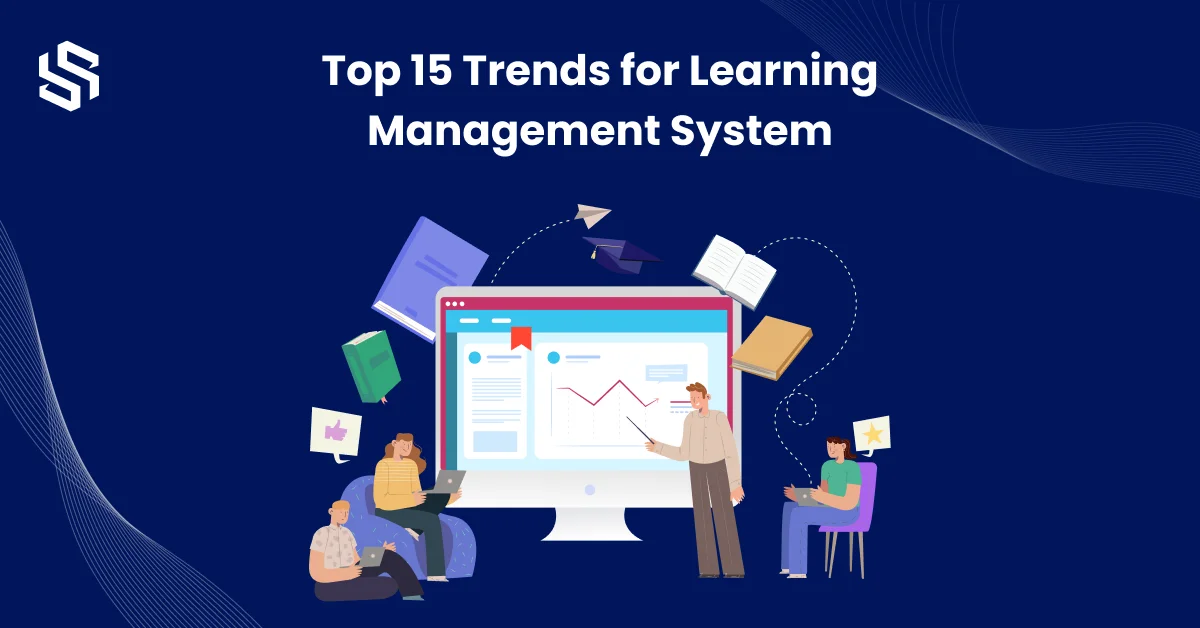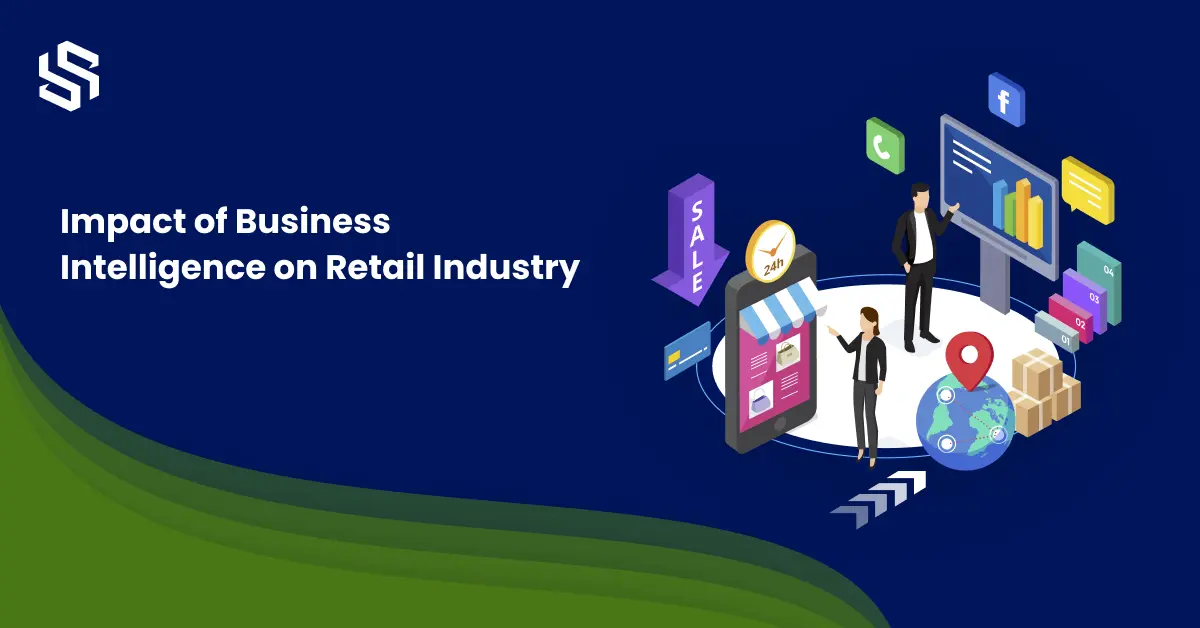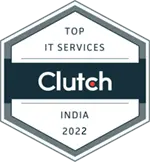Local businesses are unique. Unlike bigger companies and brands, they have been challenged considerably when it comes to marketing. While you may think that online marketing for a local company is easy, it is not. However, you only have to operate in a smaller area, which means your company needs to have a targeted marketing strategy.
Like every other company, local businesses have to find their ideal target audience and do it with a smaller audience number, and this is what makes the job so tricky. Online local marketing is a technique that is useful in many ways, but you first need to identify the most beneficial marketing strategies for your business.
In this post, we will discuss some ways in which your business could leverage the opportunities and level up the marketing game in the market. Before moving further, let’s understand the importance and benefits of local online marketing.
Why Turn to Local Online Marketing?
Turning to local digital marketing helps businesses reach more customers, grow their business, and create exceptional sales, besides generating more jobs. It helps businesses to grow significantly and become more successful than other businesses without a digital footprint.
Having your presence online is three-time more effective. Regarding the number of calls you receive, leads and sales, you’ll be a market competitor for other local businesses without an online presence. Even statistics show that small to medium-sized businesses that took advantage of local digital marketing were able to see growth nearly 4 times as high as the business without a digital footprint.
If you’re willing to tap into the local market, here are some strategies that will level up your efforts.
Local Online Marketing Strategy
Optimize Your Google My Business Listing
Look at your map listings and see if they are well-optimized or not. All the details in your “About” section must be completed, including the hours, contact information, and other blanks. Ensure that every detail is enlisted comprehensively, with pictures and reviews.
There are tools to help you do it. Use Semrush’s Listing Management tool. Plug in your business and get grades on your local listing’s presence. This tool assists you in identifying sections where the business isn’t showing up.
Search Campaigns Based On Geotargets
Geotargeted campaigns will work well if geofencing isn’t working out for you. Don’t get confused between the two, and both geofencing and geo-targeted campaigns are different. Think of it this way – all the geofenced campaigns are geotargeted, but not allgeotargets campaigns are geofenced.
Geofencing campaigns target small local areas, ensuring that you don’t get leads from prospects too far from your location. In a geo-fencing campaign, most of the campaign platforms won’t allow you to target in less than a 1-mile radius around your business’s map coordinates. This type of targeting cannot get as granular as geo-targeted campaigns can be. Here you can take up to three geo-targeting bases, one, folks with a non-brand purchase in mind won’t travel very far. Instead, they’ll prioritize convenience. Prospects with a specific brand name in mind are likely to travel far to make a purchase. Lastly, including keywords in your search can target even the border areas of your locality.
Set up your Google My Business location and link it as an ad extension to deliver ads within the maps. Use tools to get keyword ideas like your competitors and advertisers. Similarly, find out missing keywords that your competitors are bidding on so that you can start working on them to generate organic results.
Local Ad Campaigns
Google has Local Campaigns that focus on driving local prospects and conversions. The campaigns also include getting directions, in-store visits, and more. Google Ads Local Campaigns are a little bit more automated than any other search campaign, and these can be beneficial to test along with other ‘regular’ campaigns.
Learn about local Ad Campaigns with Google for Retail. For starters, you need to add information about your store location, ad assets, and budget. Google will automatically optimize your ad for the bids, ad placements, and creativity to drastically increase store visits.
Create localized content
Many local businesses forget to create content because they don’t have the time or skills to do it. In reality, your content is an extremely valuable element of local online marketing for your business. The strategy to create and invest in localized marketing is a must for your local marketing campaign to succeed. Content can be put forward in many forms like videos, blogs, infographics, and e-books. The main point of providing your audience with such a content piece is creating valuable information for them. To start creating local content, you need to decide on the topic. For this, keyword search can help you a lot. Google has all the questions people are already searching for, such as “best wedding caterers”. You can use relevant questions to your niche and come up with great content.
Use these questions to outline your content topics. Create localized content that serves traffic and provides your audience with valuable information. Content is a great way to expose your audience to your business and urge them to check out what else you sell. Content adds brand familiarity, helps you convert well, boosts your local online marketing plan, and drives better results.
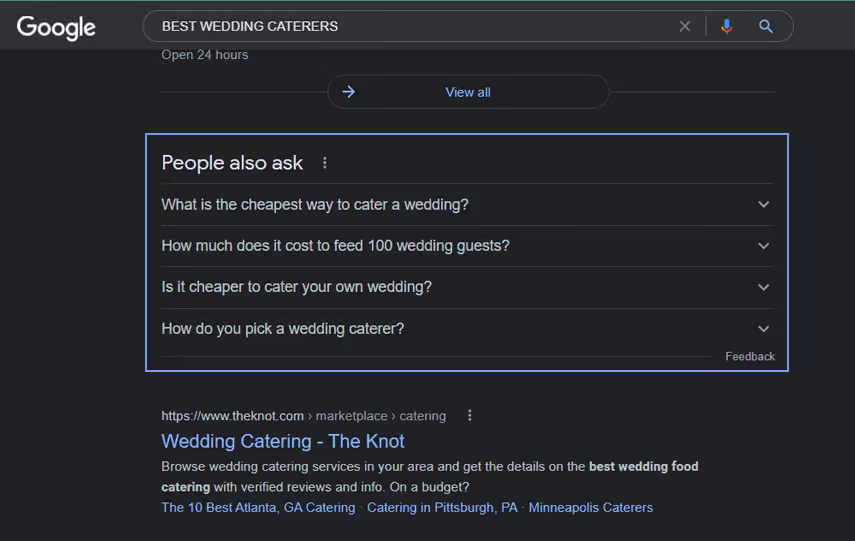
Collect Email Addresses
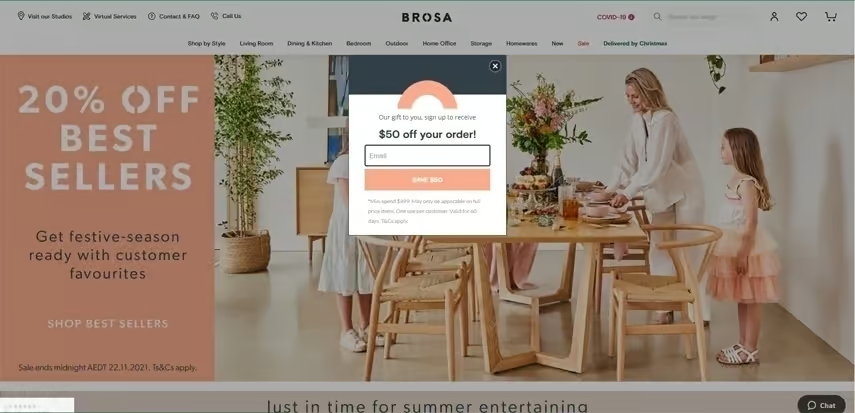
Source : Brosa
User-Generated Content
One of the most effective ways to boost your local online marketing strategy is to include user-generated content. What could be better than sharing the experiences of your happy customers? Let your customers tell their stories. If you have already curated a base of happy customers, leverage their stories to encourage others in the locality to shop from you. Encourage and incentivize user-generated content.
Ask your customers to share videos or photos of themselves on social media or Google. These stories will allow prospects to see your business as trustworthy and reliable. To customers, you’ll be seen through the eyes of existing customers.

Reputation Management
Reputation management is an important part of marketing efforts. It means that you are aware of what and how people are talking (positively or negatively) about your local business. Working on reputation management actively allows you to make the best use of it.
Collecting, monitoring, and responding to reviews is a big part of reputation management. Most of the business reviews written about your business are a prospect’s first impression, and if they read or see something negative about you, they’ll think twice before purchasing from you.
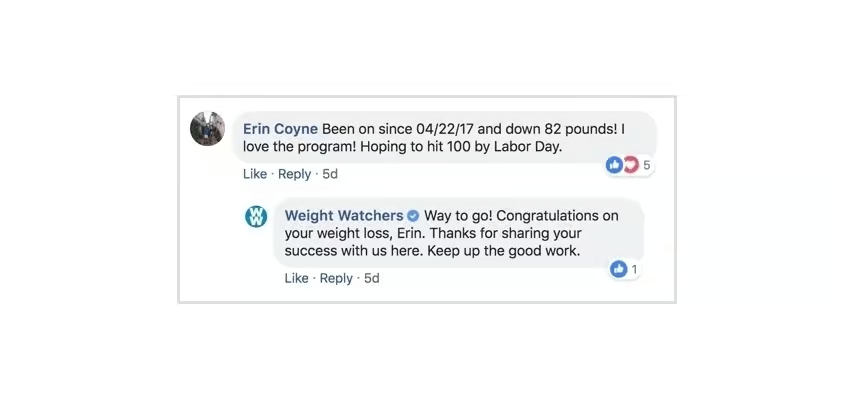
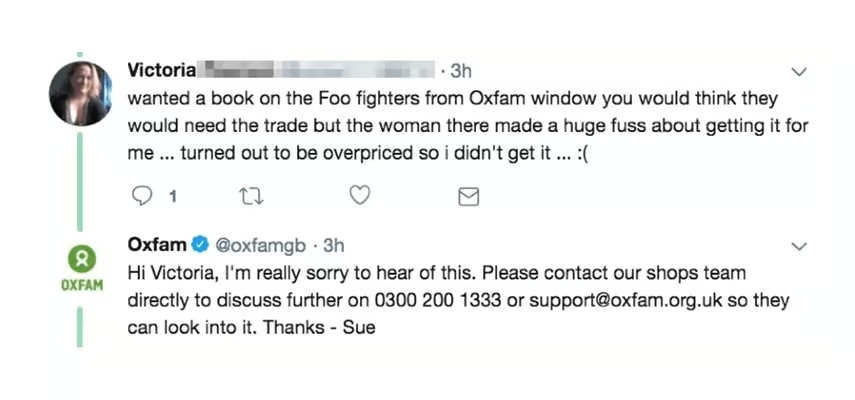
Local SEO for Your Website
Beyond map listings, ensure that you work on improving your local SEO. Search Engine Optimization tactics will help you rank for relevant product or service searches when people search locally.
Use dedicated tools to perform local SEO to boost your efforts. You can see how your website is performing with the audits available in these tools. If you wish to conduct comprehensive and larger audits, switch to a paid account of the tool.
Local Online Marketing Tools To Use
Local online marketing is valuable for a local business because it helps you to connect with people, generate leads, and convert them. You cannot do everything manually, and thus, having some useful tools handy and upright makes the job easy.
Here are a few digital marketing tools that can ensure that you invest your precious time and money wisely. All of these tools are capable of collecting data, analyzing it, optimizing your campaign, automatizing repetitive tasks, organizing information, performing marketing activities, and more.
- Google Analytics
Google Analytics is free software that provides useful insights about visitors to your website, how they engage on the website, and much more. Google Analytics works well when paired with Google Search Console – a free marketing tool that helps identify issues on your website and optimize it to boost your traffic. Having all the information is necessary to optimize your site and marketing campaigns and keep your local business’s SEO efforts low-cost. - Semrush
Semrush is an all-in-one marketing tool that helps you improve and discover useful marketing insights and overall online visibility. This tool allows you to conduct more than just promotion. It facilitates geofencing campaigns, geotargeted search campaigns, paid social campaigns, local SEO for your website, reputation management, and much more. - Hootsuite
Hootsuite is the tool you need to maintain your social media presence. Social media can sometimes be a huge time sink, and when you’re in the middle of running and growing a local business, every minute counts. Thus, using a digital marketing tool like Hootsuite provides a central management platform for all the possible social media channels that you have. Schedule your posts in advance, get insightful reports, track all the mentions, and manage all responses on a single dashboard. - HubSpot
HubSpot is the tool that lets you manage multiple running campaigns across different marketing channels. HubSpot enables you to bring all these channels together on one platform, optimize them for more traffic, and generate a high conversion rate and, thus, a better ROI. A local business like yours can get started on HubSpot tools’ free and basic package, including Email templates, social media management, lead management, analytics, content optimization tools, marketing automation, etc. - BuzzSumo
A business with a successful content marketing strategy has a higher chance to see growth. To get the most out of content marketing, you need to research properly and draft a document with all the tactics. This is when BuzzSumo can help you. It shows various trends across social media channels based on a searched topic. You get tons of tools inside BuzzSumo, including content analysis, crisis management, brand monitoring tools, keyword research, influencer search, and topic-based social media feeds.
Conclusion:
To survive in today’s marketing-driven digital business world, you need to become social media-savvy, persistent, and intuitive. To be a jack of everything, you need some professional push. Apart from knowing all the digital marketing tactics, learning and using a wide range of digital marketing tools to create a robust local online marketing strategy is essential.
Whether you’re just commencing your business or wanting to expand your local reach, these tools and mentioned strategies can let you focus on the set goals. Remember that there are several valuable ways to increase your results for online marketing efforts. It is still important to figure out which one would give the best returns.
FAQs
A local marketing strategy is a targeted effort to reach potential customers in a specific geographical area. It typically involves utilizing tactics such as digital marketing, search engine optimization, direct mail, radio, television, and print advertising to reach those within a certain radius of the business. Local marketing strategies are often tailored to the specific needs of the local market and are designed to increase brand awareness and sales within that area.
Location-based online advertising is a form of digital marketing that uses a user’s physical location to serve them ads. This type of advertising uses location data such as a person’s current city, zip code, latitude, and longitude to target ads to a specific audience. Location-based online advertising can be used to target users in a particular area, such as a city or neighborhood, or can be used to target people based on their interests or demographic profile. For example, this type of advertising can promote local businesses, events, and services or target potential customers based on their interests.
Advertising a small business locally can be challenging, but using the right strategies can be a successful and cost-effective way to reach new customers. Here are some tips to help you get started:
- Utilize Local Advertising Channels: Take advantage of local radio, television, and newspaper ads to get your message out to potential customers in the area.
- Utilize Social Media: Create profiles on social media platforms like Facebook, Twitter, and Instagram and regularly update them with events, promotions, and deals that are going on at your business.
- Utilize Online Advertising: Utilize pay-per-click advertising campaigns and search engine optimization techniques to help ensure your business shows up when people search for local businesses.
- Get Involved in Local Events: Participating in local events and activities is a great way to get your business noticed.
- Network: Get involved in local chambers of commerce and networking groups to meet other local business owners.
- Leverage Word of Mouth: Ask friends, family, and existing customers to spread the word about your business and help to get it noticed.
Following these tips, you can effectively advertise your small business locally and reach new customers.
Local digital marketing involves leveraging digital channels, such as search engines, social media, email, and your website, to reach local customers. To do local digital marketing, start by creating a local presence on search engines and social media. Then, create content that targets your local audience and use local keywords in your content. Additionally, use local search engine optimization (SEO) tactics to ensure your content ranks well in local search results. Finally, use email marketing to reach out to local customers, and use your website to promote special offers and events in the local area.
There are several ways to target local customers.
- Use local advertising tactics
- Focus on local SEO
- Utilize local partnerships
- Engage in local community activities
- Focus on local social media
- Create location-specific content


